Yayoi Kusama documentary charts her turbulent rise to art icon
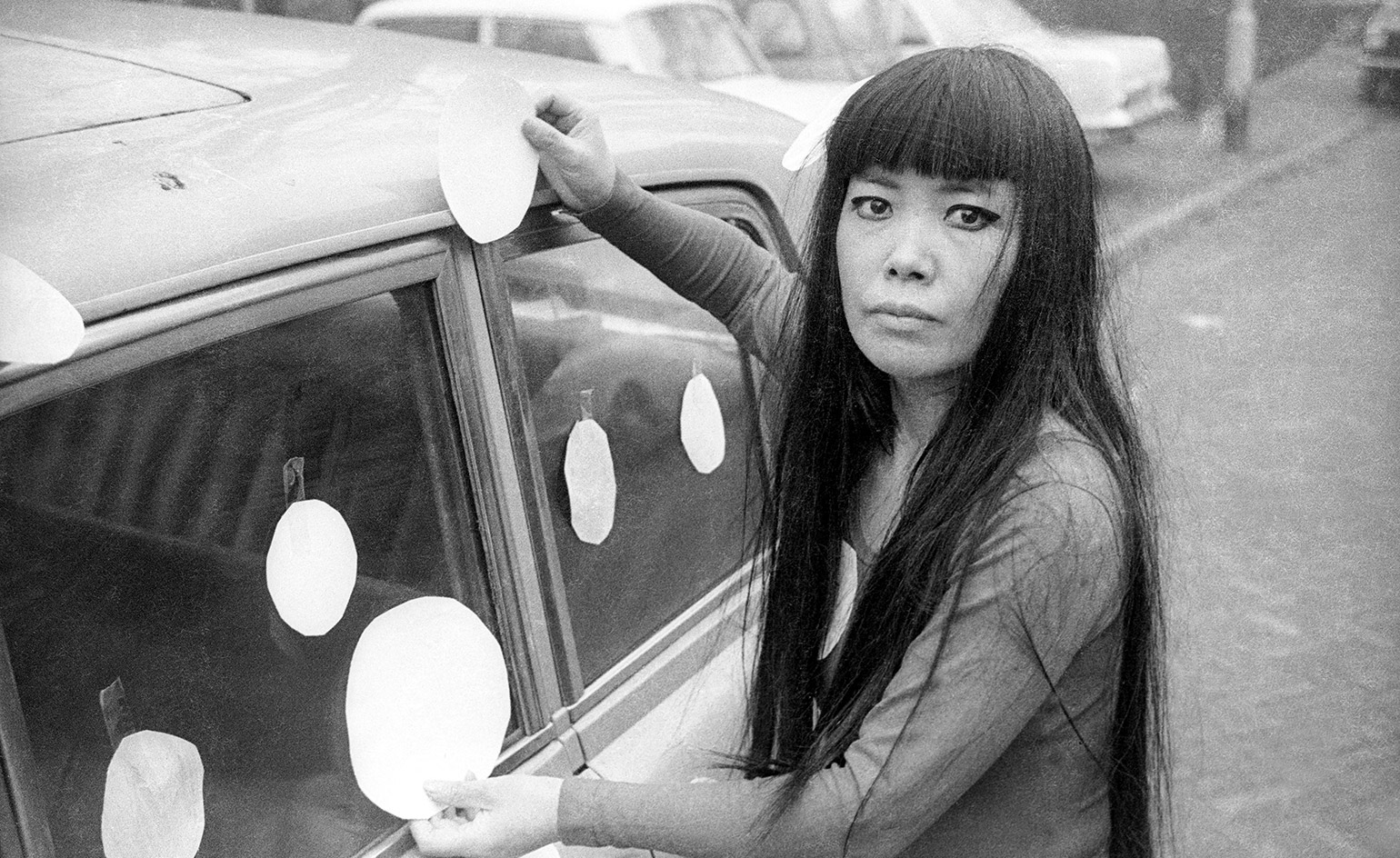
She’s the 89-year-old Japanese artist commanding blockbuster crowds around the world, with exhibition-goers queuing hours to experience her Infinity Mirror Rooms – Yayoi Kusama is as close to bonafide rock star status in the art world as it comes, with her own dedicated museum in Tokyo. Now, after seven decades of wooing audiences and critics alike with her polka-dot paintings and pumpkin sculptures, a new documentary film Kusama – Infinity finally attempts to encapsulate the renegade artist’s career, vision, and life in 76 minutes.
But where do you start with an artist – or any person for that matter – whose life has followed the dizzying trajectory of Kusama? Born in 1929 in Matsumoto, Japan, she was the youngest of four of an affluent but volatile family. Her parents were the product of an arranged marriage. Kusama’s adulterous father was largely absent, while her mother was a physically and emotionally abusive wife who would often send her daughter to spy on his sexual affairs. As a result, Kusama developed an aversion to sex and the male body as an adult (her only known romantic relationship – that with artist Joseph Cornell – was celibate).
At age ten, Kusama began experiencing vivid hallucinations, and started using watercolours, pastels and oils to paint polka dots and repeated net motifs to cope with her visions. The budding artist was just 13 years old when she was sent to work in a military factory sewing parachutes for Japan’s Second World War efforts. Her adolescent years were spent entombed in darkness as the sound of conflict raged outside, which would later compel Kusama to create several anti-war artworks.
Still, she channeled her relentless personal tumult to become the top-selling female artist in the world along the way – no easy feat given the gender and racial bias inherent in the art establishment. It was the artist Georgia O’Keefe who would inspire Kusama to relocate the US after the Japanese artist reached out to her by letter. In 1958, Kusama settled in New York, where her Infinity Net paintings garnered her critical acclaim.
Since 1977, she has voluntarily been living in a psychiatric asylum in Tokyo, working from her studio located opposite the hospital. Kusama’s practice spans painting, sculpture, installation, poetry, and performance art. Known for her outré personal style, the artist has also shown a keen interest in fashion. In the 1970s she made ‘orgy’ garments — to be worn by several people at once. More recently, her forays into fashion have included collaborations with the likes of Marc Jacobs and Louis Vuitton.
Kusama – Infinity has been treated with deft sensitivity by director and producer Heather Lenz, who first became interested in the Japanese artist while studying art in the early 1990s. The film doesn’t gloss over Kusama’s hardships or paint her as a victim of her neurosis and adolescent traumas, and nor should it. If anything is to be gleaned from the documentary, Kusama is strong, savvy – a survivor who shaped an infinite universe of dots in her own image.
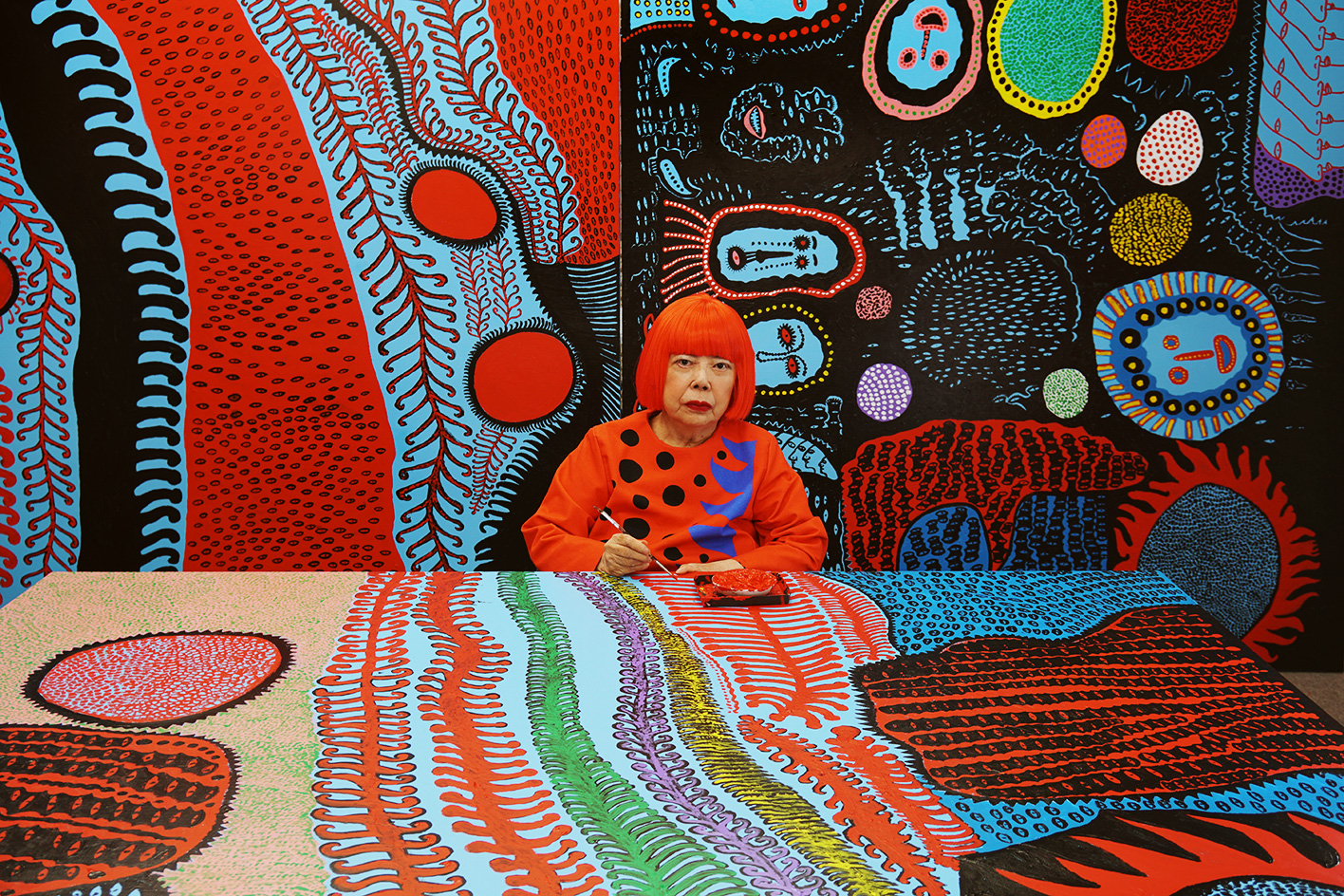
Kusama in her studio, New York; Ota Fine Arts, Tokyo/Singapore/Shanghai; Victoria Miro, London; YAYOI KUSAMA Inc
INFORMATION
Kusama – Infinity is out in US cinemas now, and in UK theatres and on demand from 5 October. For more information, visit the Magnolia Pictures website
Wallpaper* Newsletter
Receive our daily digest of inspiration, escapism and design stories from around the world direct to your inbox.
-
 Put these emerging artists on your radar
Put these emerging artists on your radarThis crop of six new talents is poised to shake up the art world. Get to know them now
By Tianna Williams
-
 Dining at Pyrá feels like a Mediterranean kiss on both cheeks
Dining at Pyrá feels like a Mediterranean kiss on both cheeksDesigned by House of Dré, this Lonsdale Road addition dishes up an enticing fusion of Greek and Spanish cooking
By Sofia de la Cruz
-
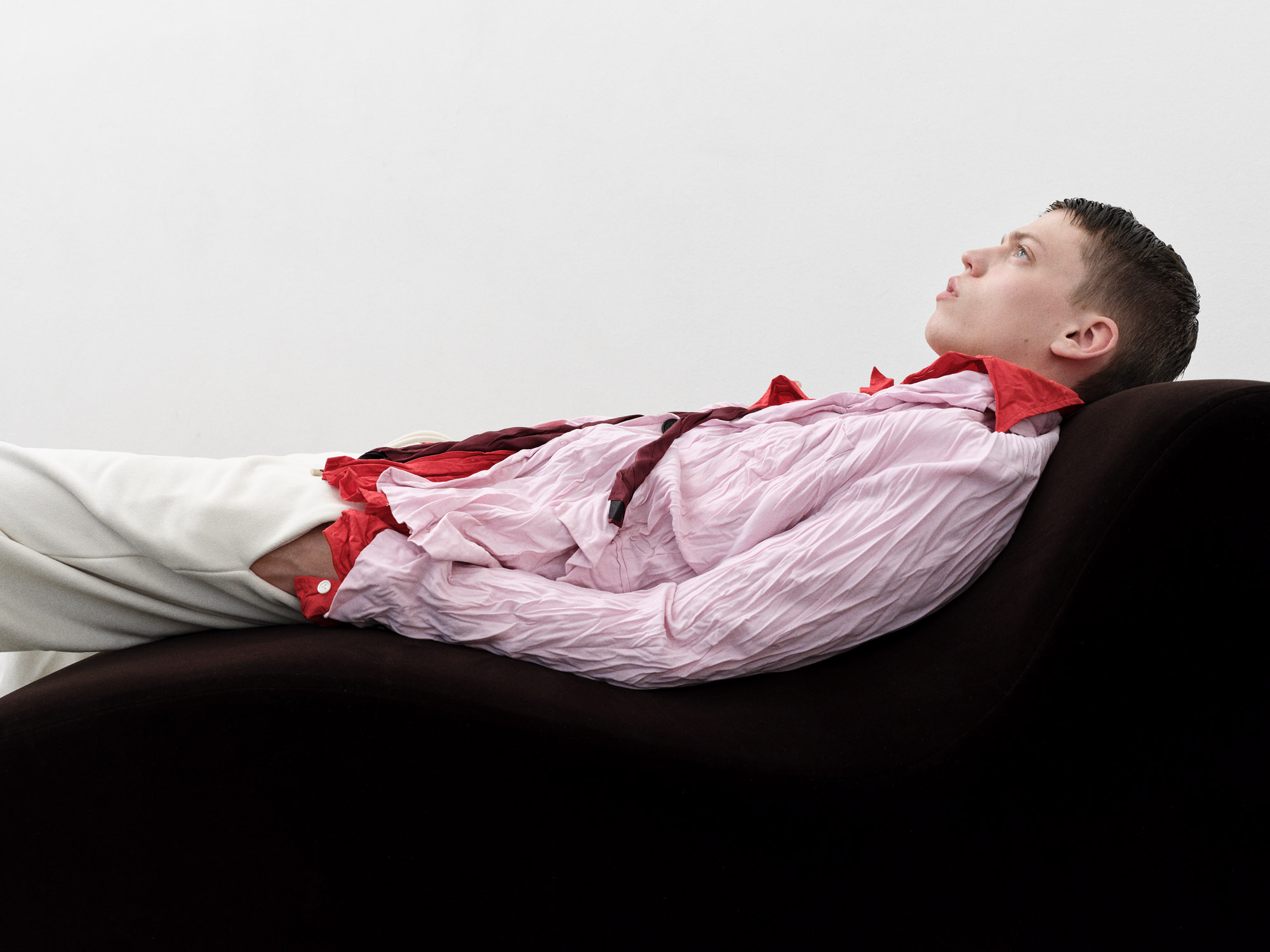 Creased, crumpled: S/S 2025 menswear is about clothes that have ‘lived a life’
Creased, crumpled: S/S 2025 menswear is about clothes that have ‘lived a life’The S/S 2025 menswear collections see designers embrace the creased and the crumpled, conjuring a mood of laidback languor that ran through the season – captured here by photographer Steve Harnacke and stylist Nicola Neri for Wallpaper*
By Jack Moss
-
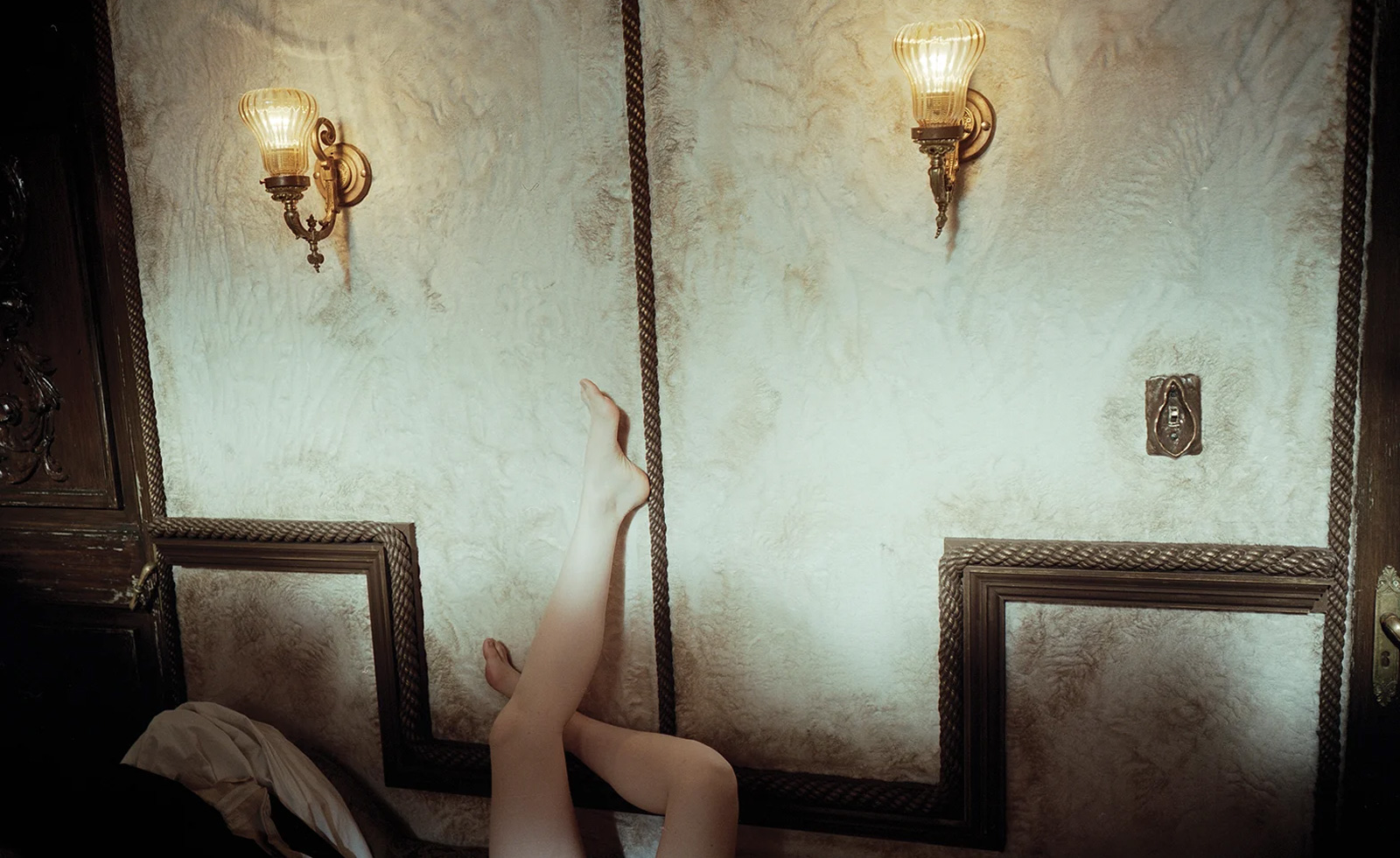 Unlike the gloriously grotesque imagery in his films, Yorgos Lanthimos’ photographs are quietly beautiful
Unlike the gloriously grotesque imagery in his films, Yorgos Lanthimos’ photographs are quietly beautifulAn exhibition at Webber Gallery in Los Angeles presents Yorgos Lanthimos’ photography
By Katie Tobin
-
 ‘Life is strange and life is funny’: a new film goes inside the world of Martin Parr
‘Life is strange and life is funny’: a new film goes inside the world of Martin Parr‘I Am Martin Parr’, directed by Lee Shulman, makes the much-loved photographer the subject
By Hannah Silver
-
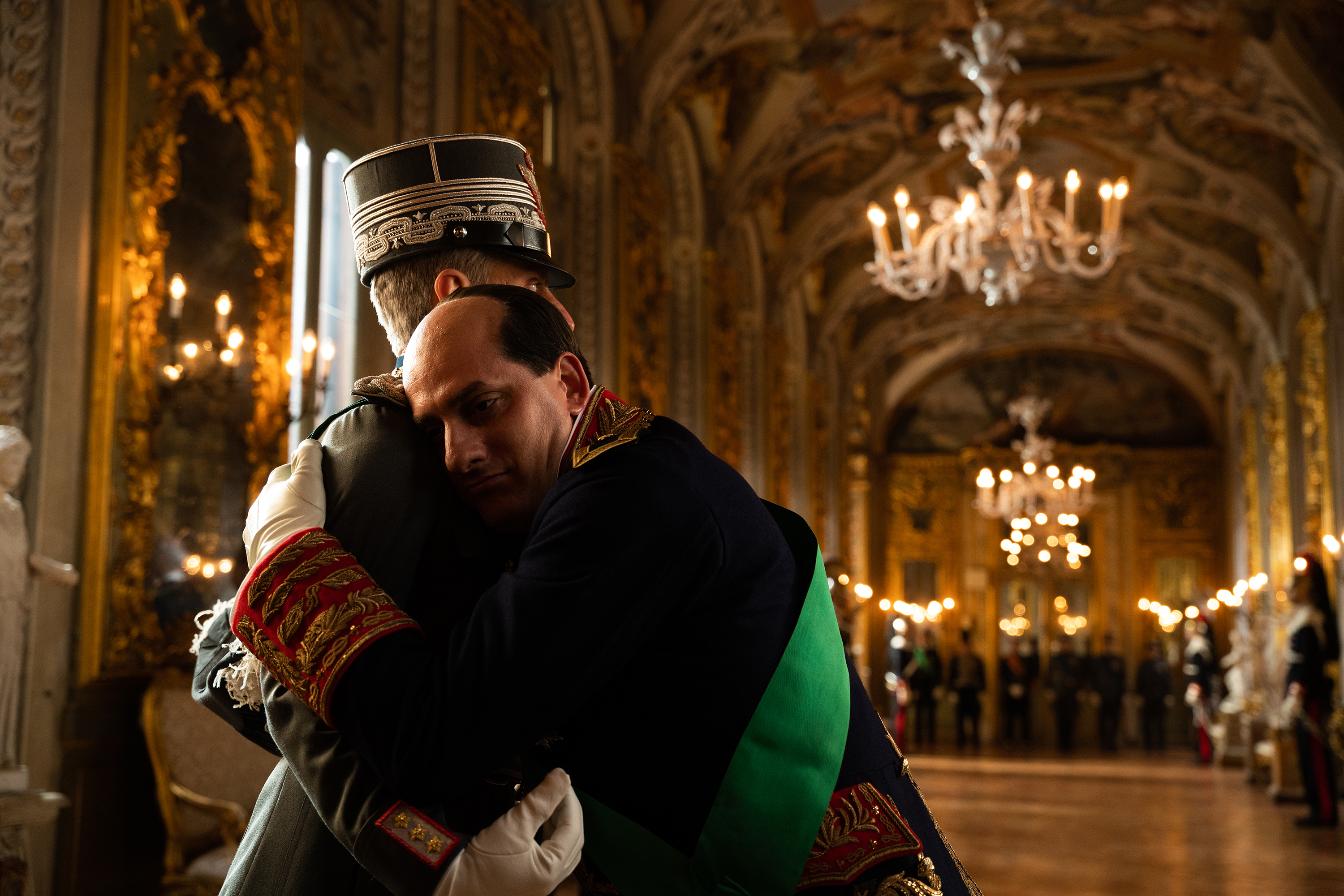 The Chemical Brothers’ Tom Rowlands on creating an electronic score for historical drama, Mussolini
The Chemical Brothers’ Tom Rowlands on creating an electronic score for historical drama, MussoliniTom Rowlands has composed ‘The Way Violence Should Be’ for Sky’s eight-part, Italian-language Mussolini: Son of the Century
By Craig McLean
-
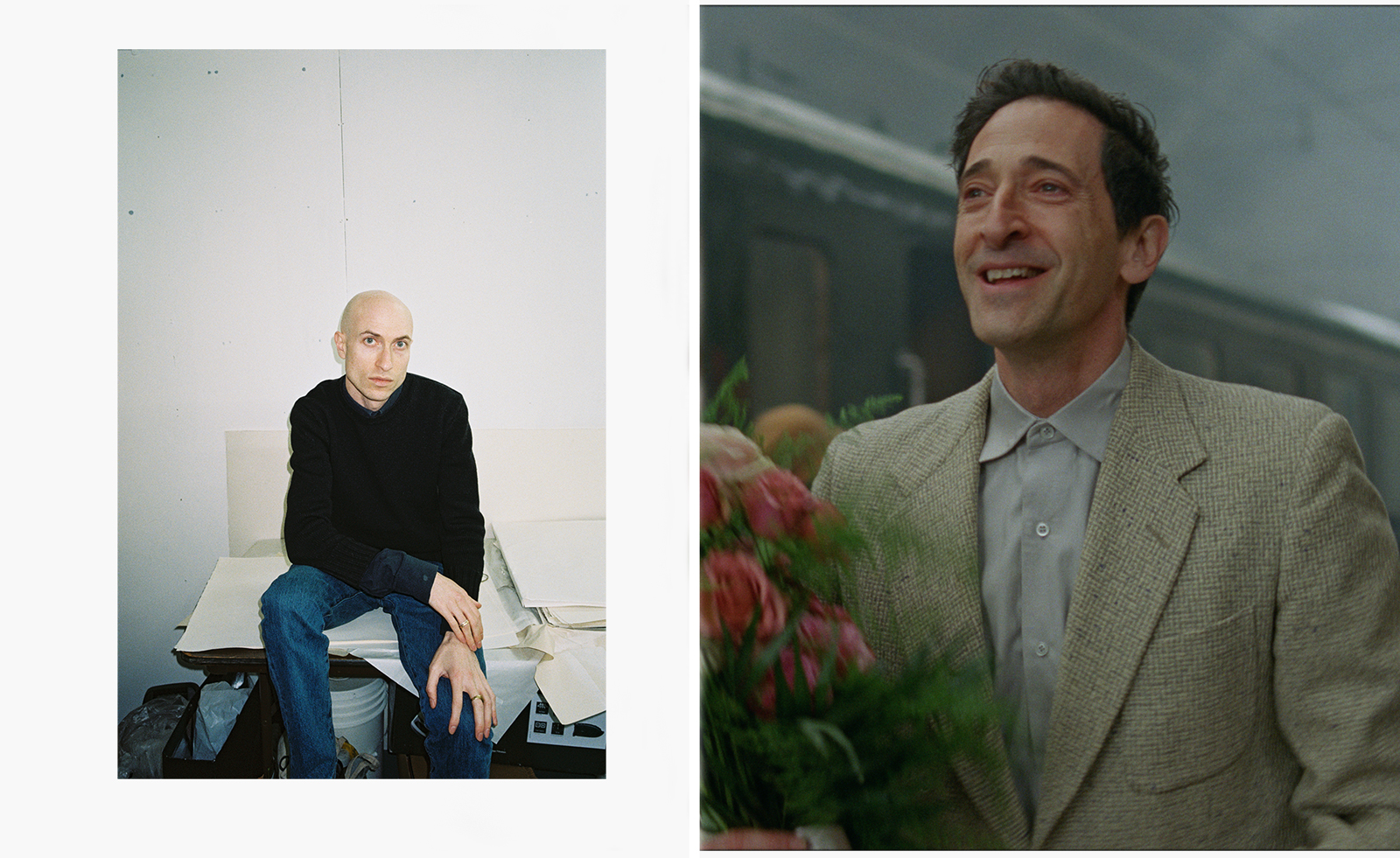 Meet Daniel Blumberg, the British indie rock veteran who created The Brutalist’s score
Meet Daniel Blumberg, the British indie rock veteran who created The Brutalist’s scoreOscar and BAFTA-winning Blumberg has created an epic score for Brady Corbet’s film The Brutalist.
By Craig McLean
-
 Remembering David Lynch (1946-2025), filmmaking master and creative dark horse
Remembering David Lynch (1946-2025), filmmaking master and creative dark horseDavid Lynch has died aged 78. Craig McLean pays tribute, recalling the cult filmmaker, his works, musings and myriad interests, from music-making to coffee entrepreneurship
By Craig McLean
-
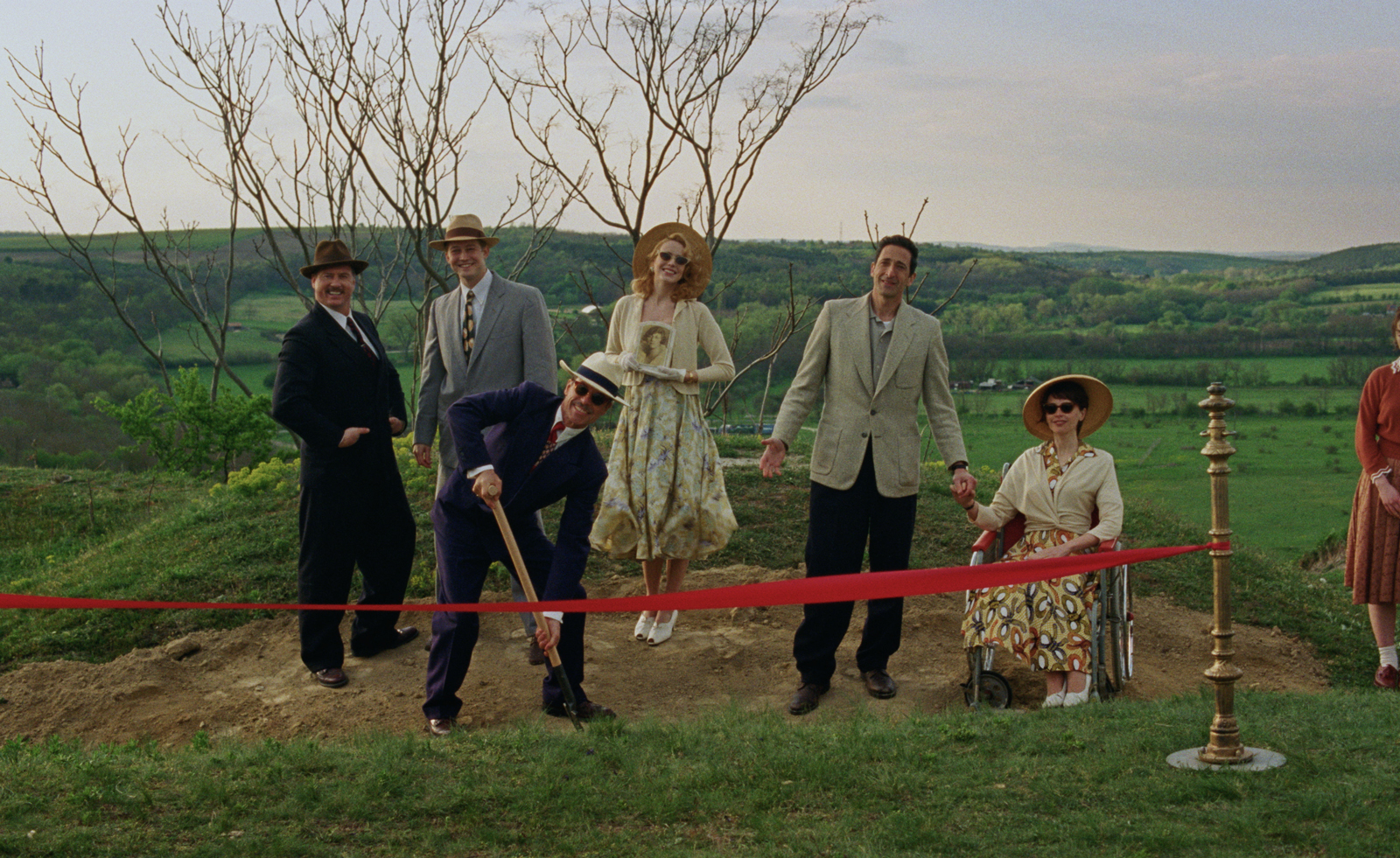 Architecture and the new world: The Brutalist reframes the American dream
Architecture and the new world: The Brutalist reframes the American dreamBrady Corbet’s third feature film, The Brutalist, demonstrates how violence is a building block for ideology
By Billie Walker
-
 ‘It creates mental horrors’ – why The Thing game remains so chilling
‘It creates mental horrors’ – why The Thing game remains so chillingWallpaper* speaks to two of the developers behind 2002’s cult classic The Thing video game, who hope the release of a remastered version can terrify a new generation of gamers
By Thomas Hobbs
-
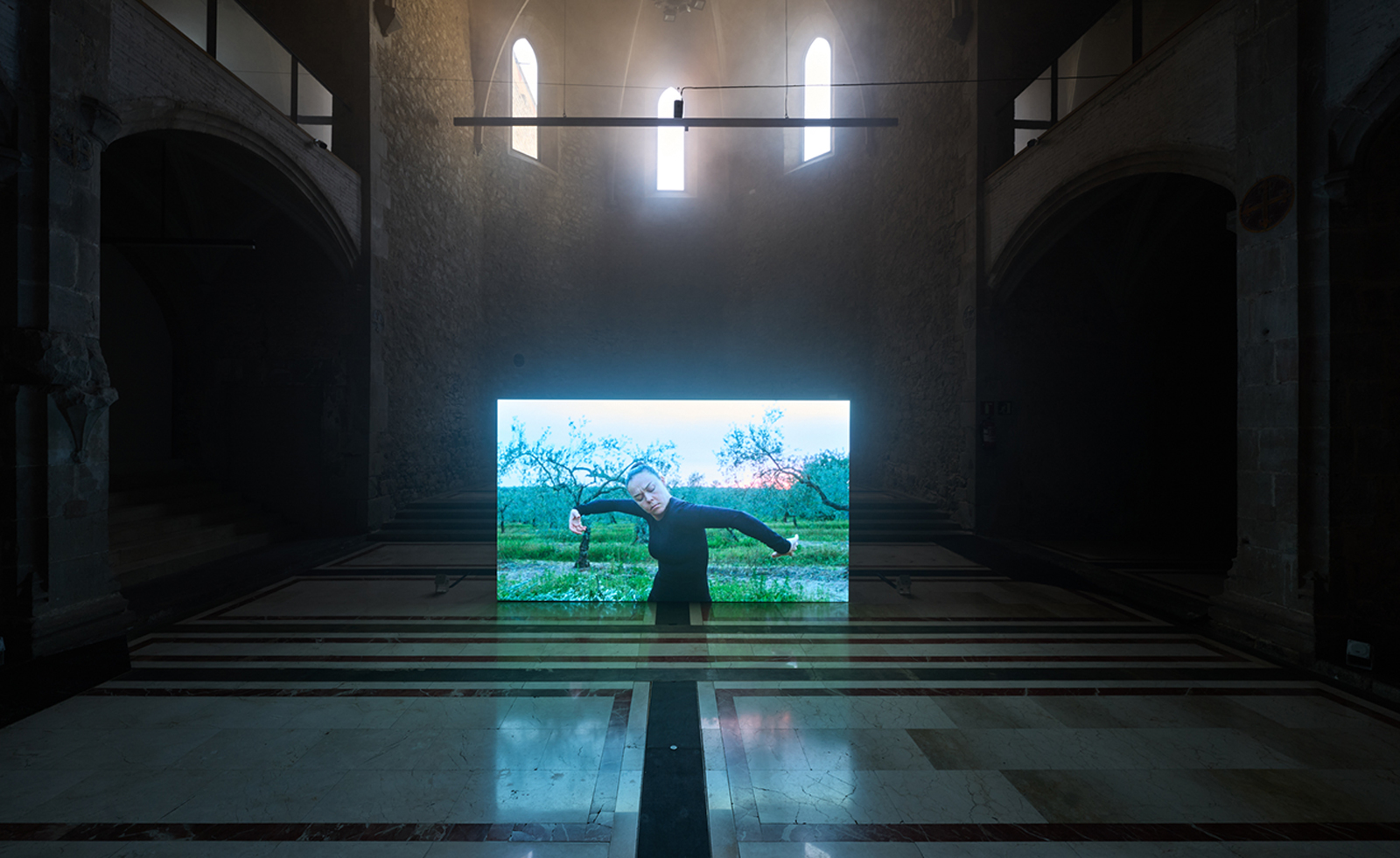 Wu Tsang reinterprets Carmen's story in Barcelona
Wu Tsang reinterprets Carmen's story in BarcelonaWu Tsang rethinks Carmen with an opera-theatre hybrid show and a film installation, recently premiered at MACBA in Barcelona (until 3 November)
By Emily Steer